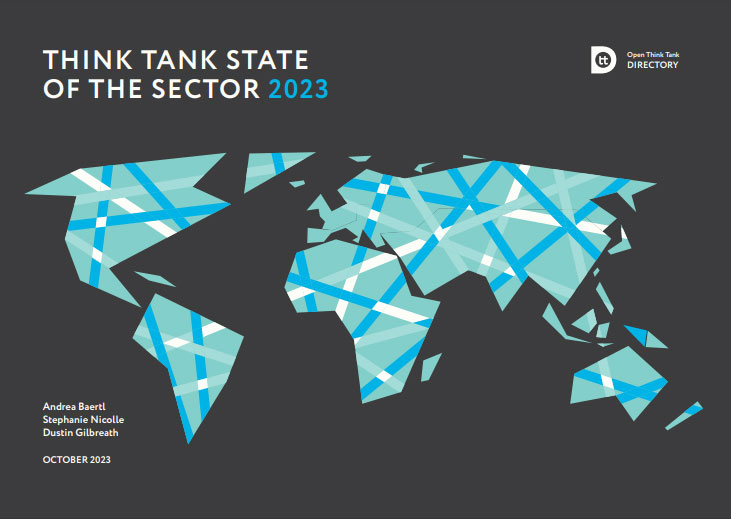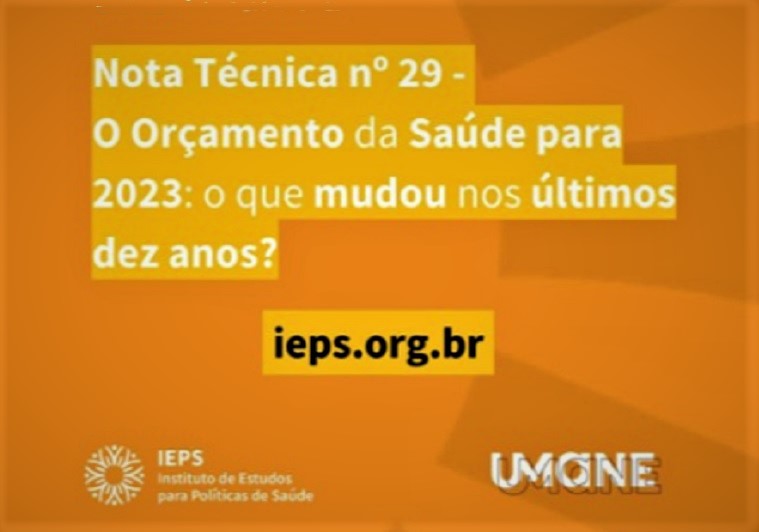How to Get Out of Donors Involved in Financial Fraud

The scandal of fraud in Americanas’ financial statements will again put on the discussion table the convenience or otherwise of charities or Think Tanks accepting private funds.
The biggest owners of Americanas, including Jorge Paulo Lemann, are known as philanthropists, each one contributing resources to the third sector via their foundations.
Today, Lemann and his two partners, Marcel Telles and Carlos Alberto Sicupira, are in the newspapers every day, somewhat tarnishing the reputation of these NGOs, since their money can have dubious origins.
NGOs are concerned about the origin of philanthropic resources, and in the coming months we will have many discussions on the subject.
Some business people know that they’ve screwed up, that not all taxes have been paid, and that some lifelong partners have actually been harmed.
Many of these entrepreneurs create philanthropic foundations with the argument of “giving back to society” part of their earnings. And no one need feel guilty about helping them fulfill their purpose.
The usual criticism that private sector entrepreneurs will only finance projects that make a profit is not supported by the evidence.
Usually companies make genuine donations to help the community to which the company belongs.
If your Think Tank received a donation or endowment from a company or entrepreneur that appears unfavorably in the media, the right thing to do is defend yourself and not hide the endowment.
State that your Think Tank or NGO did receive a grant, inform the amount, and add that the resource was used to research or help solve a certain problem consistent with the mission and principles followed by your institution. And present the results obtained, when possible.
If you want, even thank you.
That’s why we at Thinkers insist that Think Tanks clearly disclose their Mission, Values, and Charter of Principles, to show that none of them has been violated.
Stephen Kanitz




